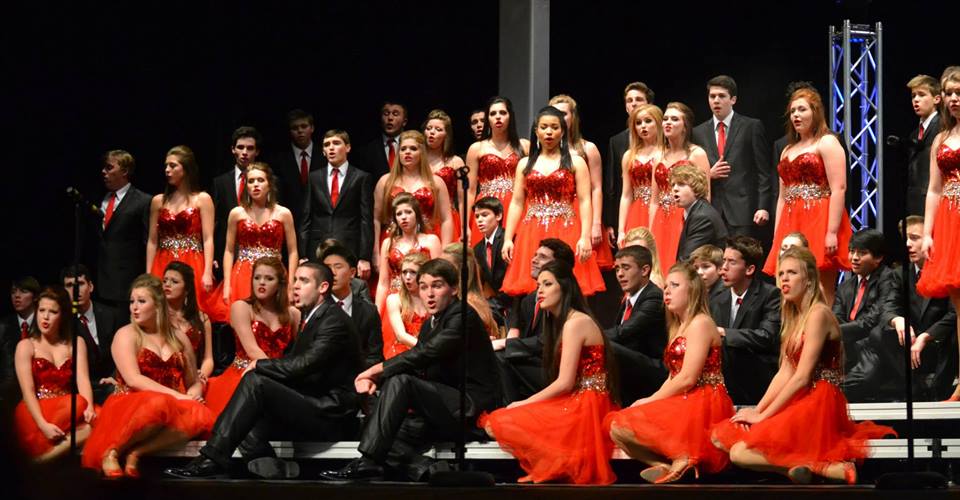Let’s see if we can somehow make these two fit together… headlines from this week’s New York Post and Kansas City Star, respectively:
“‘Catastrophic’ winter storm threatens Atlanta”
“Apologies go all around in Marcus Smart-Texas Tech fan incident”
Weather and sports.
It’s amazing how life all fits together. We could also add politics, if 2014 found Mark Sanford, Eliot Spitzer, or Anthony Weiner running once more.
In each of the above, there is an underlying theme.
First in Atlanta.
As previously noted here, 2.6” of snow fell suddenly upon the otherwise identified “Hotlanta” 2 weeks ago. It was the day the Big Peach actually stood still. Cars and kids and trucks and teachers were stuck in their tracks. Transportation and communication systems were frustratingly jammed. Without a doubt, errors in decision-making, blame, and apologies overflowed.
Then in Lubbock, Texas.
Marcus Smart is considered one of the best college basketball players in the country. There is talk of him potentially being pick #1 in the NBA draft. After an opposing fan said something crass on Saturday, Smart went into the stands and shoved the fan. Without a doubt, errors in decision-making, blame, and apologies overflowed.
What strikes me now, no less, is the obvious opportunity for each for redemption. It snowed in Atlanta again yesterday. Marcus Smart will return from his suspension on the 22nd. Both the leaders in Atlanta and college student Smart are eager to do things differently and better.
“This is not how I conduct myself… It’s something I’ll have to learn from… I’m taking full responsibility,” said Smart in his seemingly genuine apology. Redemption is the opportunity to show that it’s really not how one conducts themselves. Redemption means to atone for a fault or mistake — to be delivered into a better state. There is no doubt that Smart and all the government and school officials in Georgia are eager to demonstrate that they are responsible; they have learned from their poor decision-making; and they can thus atone for their mistakes.
I think what actually strikes me most is how attracted we are to redemption. It’s almost as if we crave it. There’s something within us that knows we need it.
I think the contrast is equally true; it is highly unattractive when people and especially politicians do not know they need it — when they do not recognize their need for redemption. It seems to this current events observer that arrogance obstructs their awareness of the individual need for atonement. And as said here multiple times previously, arrogance is never attractive.
Think still on Smart’s profound words: “this is not how I conduct myself.” The reality is that it’s not how Smart typically conducts himself. It may also not be the manner in which the man he shoved typically conducts himself. What I do know, however, is that even if it’s not our typical manner — for Smart, for all the officials in Atlanta, for any politician or person, for that matter — we are each capable of errors in decision-making. Whether it’s typical matters less than if we are capable.
And if we are capable, then each of us is in need of redemption.
Respectfully,
AR










